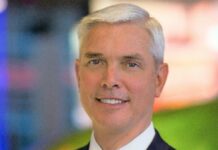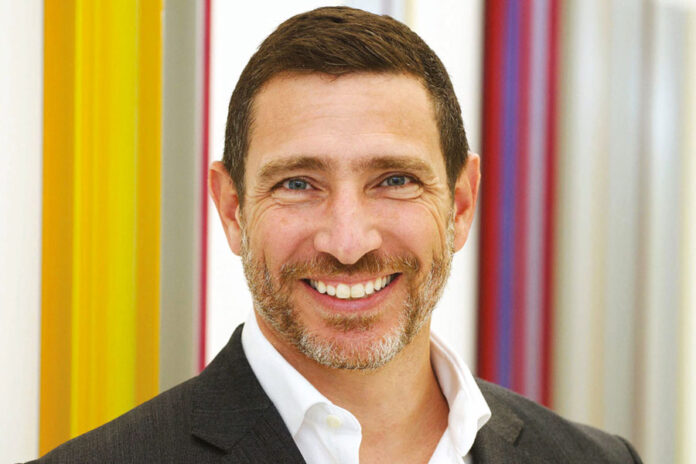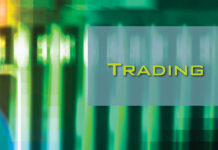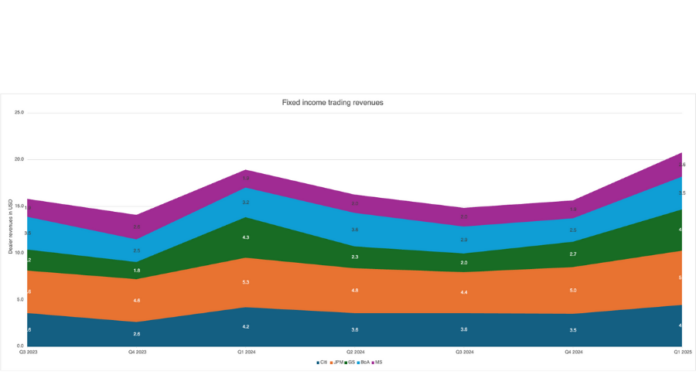Karim Awenat, Invesco’s head of fixed income trading, London discusses the skillsets, culture and technology needed to navigate the bond markets.
We have seen a lot of changes over the past few years such as automation, dark pools and regulation that promotes transparency. However, the biggest challenge is finding liquidity. One reason, according to our conversations with liquidity providers, over the summer was that banks were being cautious and not extending their balance sheet. That means there was little inventory in the market which is why having a good relationship with your counterparties is so important. There needs to be a dialogue so there is an understanding of how we trade and can help them in responding to our enquires. Since September, things have improved since everyone is back at their desks. We have seen an increase in activity on the primary markets and are encouraged that there is a greater appetite for issuance as well as investments. We are though being more selective and ensuring that we respond to axes quickly.
How is your team set up?
I have a team of 5, split across London and Hong Kong. In the UK we also have a partner desk based in Henley that has another 5 traders with both teams reporting into the same global trading platform. We trade a wide range of securities from rates, derivatives, credit, local markets and swaptions. Although everyone has their own speciality, we have made sure that there is always back-up and people can provide cover when someone is away on holiday.
What are the skillsets you need and how have they changed over the past few years?
Experience and resilience are critical. Our trading teams in the UK have a combined 140 years of industry experience. I started my career during the last Russian crisis in 1998 when the rouble lost over two-thirds of its value in three weeks, defaulted on its sovereign debt and there was also a banking crisis. This time we are dealing with sanctions and a war in Ukraine. People who have been through crises before will understand the impact these events can have on markets and liquidity. They will know what signals to look for and I encourage people to share their experiences with colleagues.
There is a trend on the Street to hire data scientists, but I am not as excited as many to hire them. I believe that the main job of a trader is to trade and that is what their main focus should be. One of the most important things for me is to hire people who want to trade foremost, but who also have a natural curiosity, are interested in always learning and not afraid to ask questions if they are unsure about anything. I studied organic chemistry at university, so I am naturally curious and also love problem solving which is about 75% of my job.
Invesco won Best Trading Desk in our European Markets Choice Awards. What were the attributes needed to win the award?
I think one of the reasons is the culture that we have built. Invesco has appointed what we call Culture Champions, and these are not always the most senior people on the team. They are people who are prepared to support people in their challenges, to listen and create network hubs. Another differentiator is that we want to be part of the wider industry conversation. We are competitive in the product space, but we also look at the development of the markets and raise our hand to highlight the important issues. We want to ensure that as an industry we are heading in the right direction.
We are also cautious about how we deploy our capital and that we can add value to the end clients. A case in point is Algomi Alfa (a fixed income data aggregation and market surveillance tool that aggregates liquidity data from all major electronic venues, messaging platforms and dealer inventory feeds and combines them into a single consolidated landscape), it adds value because it is very useful in de-risking portfolios and assessing the different trading options in general, and was very easy to incorporate into our workstream.
Keeping with the tech theme, what type of technology adds value?
The key to useful technology is how it integrates into the workflow. I do not think that everything should be bespoke because that will be too expensive. However, the technology does need to fit into the workflows without interruption.
It is not just about having the technology though, but also having people who can communicate. One of the challenges is the ability to analyse data in a digestible format across regions. Take analysing TCA in US Treasuries, the metrics we would use are different than emerging market corporate debt. We have a talented pool of tech savvy people that we hired in our Atlanta office who not only analyse and interpret the data, but can explain the insights and nuances of the different countries and their approaches.
We also think it is important to take a step back and ask what data do I need, what questions am I trying to answer? This means looking at anomalies and the insights that brings, seeing who the biggest counterparties are, and where we have achieved best execution.
How has and will regulation change the landscape?
At the moment the consolidated tape is one of the most well flagged impending regulatory changes and it will be interesting to see what approach the EU adopts. There are always concerns and questions over the executing of large blocks of trades and if they are quickly reported – will it disrupt the flow of information? Will it de-risk the book of bonds? This could change people’s attitude to trading.
However, as I said earlier, we want to be part of the conversation not only to highlight some of the concerns but also to make sure that markets and liquidity will not be disrupted. We also want to look at whether there are better approaches than the ones being discussed. There is no point in having a tape if it will make it more difficult for traders.
Has the increased regulatory focus and investor demand for ESG products had any impact?
As a trading desk, it has made little difference in our operating model because as a firm we have always raised concerns if a counterparty looked unsuitable. It was part of the BAU (business as usual) not just for fixed income, but across the asset class spectrum. As a result, when MiFID II and other regulations came into force, there was very little we needed to change. There is of course a lot of focus on ESG within our firm but most of that discussion happens before the trades reach us.
What do you see as some of the future challenges and opportunities?
I think there will be continued emphasis on accessible, quality data and technology. As mentioned above there are many different protocols and technologies available to trading desks. Choosing which ones are the best fit, value for money and can be integrated with limited interruption to a business will be key.
In the longer term, I think the focus will be on digital assets and more interest from corporates in using decentralised finance for borrowing money. Regulators still have much to do to get the worlds of traditional and defi working together. As asset managers, our job is to make sure that we are educated and up to speed with all the latest trends, innovations and developments.
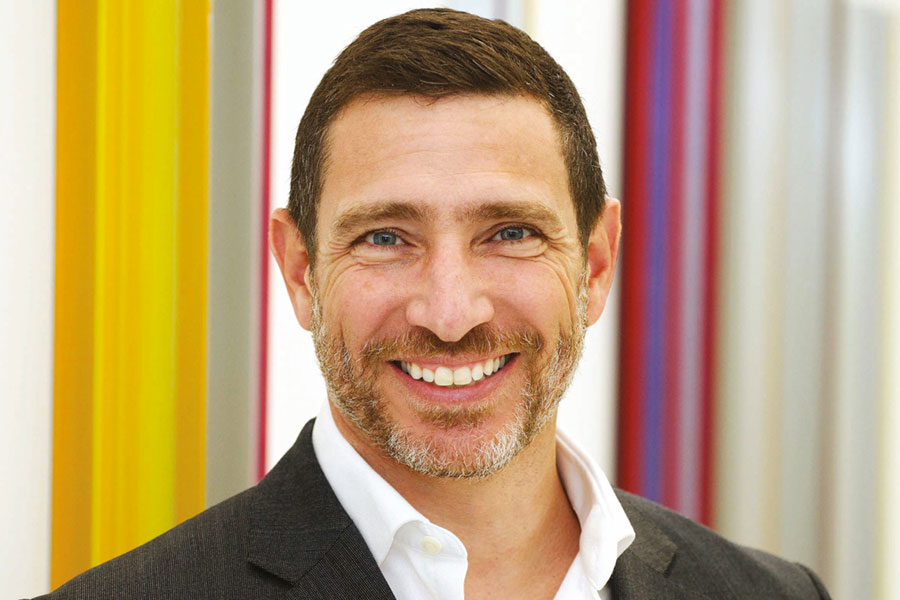
©Markets Media Europe 2025




